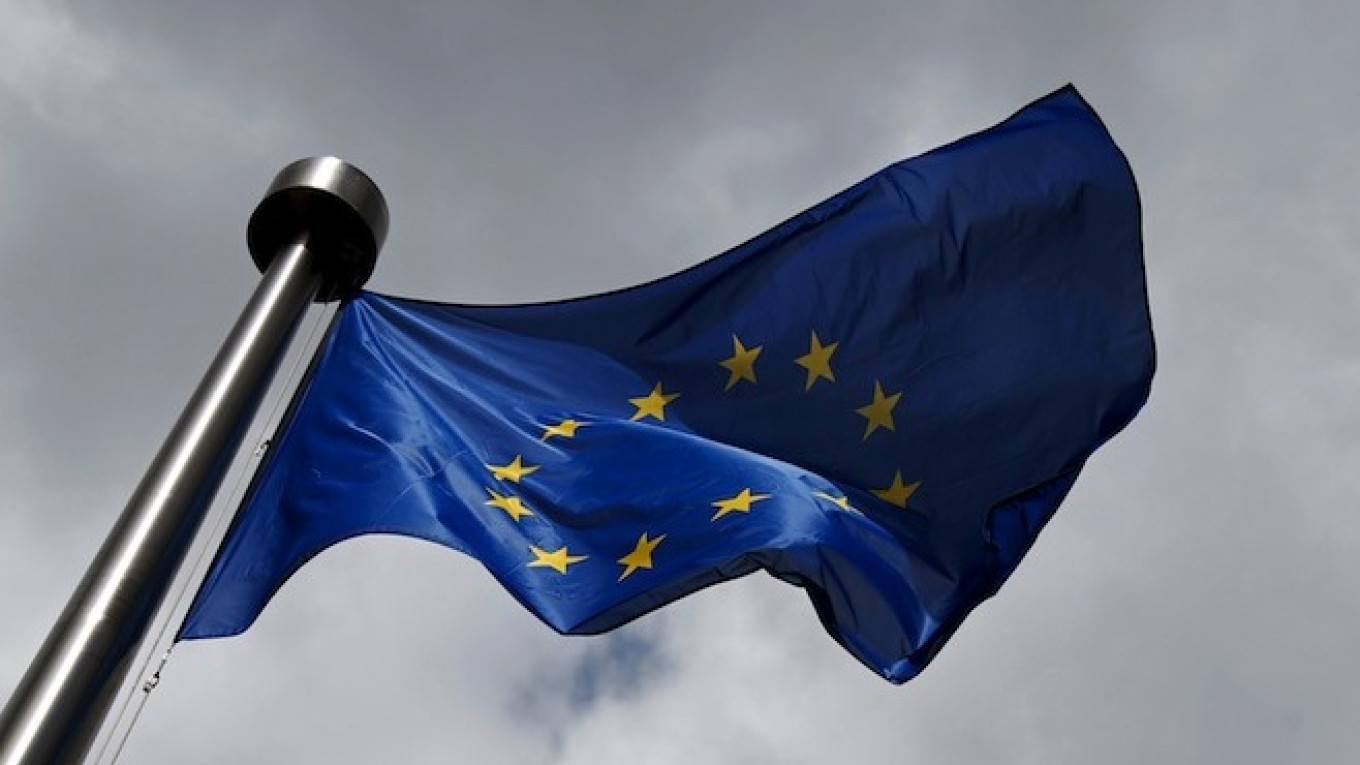LUXEMBOURG — European Union foreign ministers extended economic sanctions on Russia until Jan. 31 on Monday, keeping up pressure on Moscow to help resolve the Ukraine conflict.
The ministers meeting in Luxembourg approved a six-month extension of the sanctions, which were "introduced in response to Russia's destabilizing role in eastern Ukraine," an EU statement said.
The ministers ratified a decision taken by officials last week.
Kremlin spokesman Dmitry Peskov said last week that Russia's reaction to the EU decision would be based on the "principle of reciprocity," suggesting that it would extend counter-sanctions that include a ban on Western food imports.
The sanctions on Russia's energy, defense and financial sectors, originally imposed in July 2014 for one year, were the EU's toughest response to Moscow's annexation of Ukraine's Crimea region and what the EU says is Russia's support for separatists in eastern Ukraine.
EU leaders agreed in March that economic sanctions on Russia would stay until the Minsk ceasefire deal in Ukraine is fully implemented, but delayed taking a decision to formally extend the sanctions.
The Minsk agreement sets a year-end deadline for Ukraine to regain full control over its border, a goal the EU is pushing strongly. Fighting has broken out again in eastern Ukraine despite the agreement.
A Message from The Moscow Times:
Dear readers,
We are facing unprecedented challenges. Russia's Prosecutor General's Office has designated The Moscow Times as an "undesirable" organization, criminalizing our work and putting our staff at risk of prosecution. This follows our earlier unjust labeling as a "foreign agent."
These actions are direct attempts to silence independent journalism in Russia. The authorities claim our work "discredits the decisions of the Russian leadership." We see things differently: we strive to provide accurate, unbiased reporting on Russia.
We, the journalists of The Moscow Times, refuse to be silenced. But to continue our work, we need your help.
Your support, no matter how small, makes a world of difference. If you can, please support us monthly starting from just $2. It's quick to set up, and every contribution makes a significant impact.
By supporting The Moscow Times, you're defending open, independent journalism in the face of repression. Thank you for standing with us.
Remind me later.


